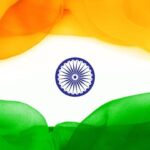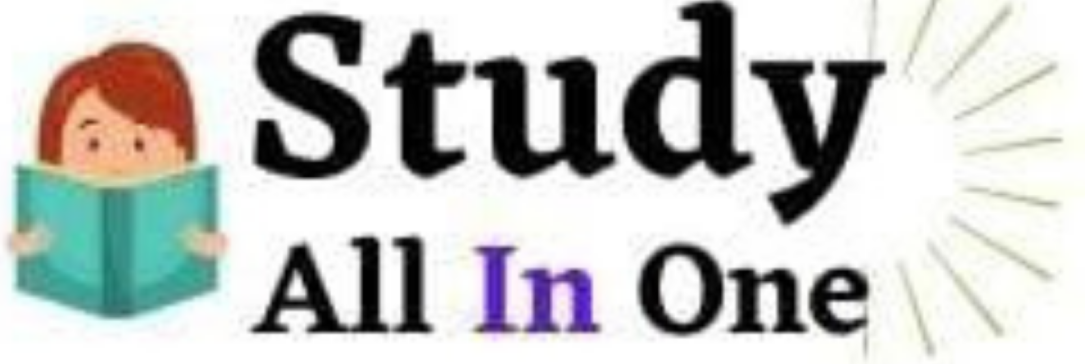Vande Mataram is the National Song of India. National Song of India written by Bankim Chandra Chatterjee. Vande Matram as the lyrics of National Song of India was adopted by the Constituent Assembly of India in 1950. Bankim Chandra Chatterjee wrote Vandematram at Chinsura. Chattopadhyay wrote the poem in a spontaneous session using words from Sanskrit and Bengali. The poem was published in Chattopadhyay book Anand math in 1882.

Vande Mataram
Sujalam, suphalam, malayaja, shitalam
Shasyashyamalam , Mataram
Vande Mataram
Subhrajyotsna pulakitayaminim,
Phullakusumita drumadala shobhinim,
Suhasinim sumadhura bhashinim,
Sukhadam varadam, Mataram
Vande Mataram, Vande Mataram!
On 24 January 1950, the Constituent Assembly of India has adopted Vande Mataram as a national song. The modern Vande Mataram composition is credited to V.D. Paluskar, the founder of the Gandharva Mahavidyalaya and Akhil Bharatiya Gandharva Mahavidyalaya Mandal. The National Song of India, Vande Mataram is considered as the foundation of encouragement to the people in their struggle for freedom.
The first political occasion when the National Song of India was sung was the 1896 session of the Indian National Congress. The Indian National Song Vande Mataram was composed in Sanskrit by Bankim Chandra Chatterjee. The first translation of Bankim Chandra Chatterjee novel Anand Math, comprising the poem Vande Mataram, into English was done by Nares Chandra Sen Gupta in 1906.
1896 session of the Indian National Congress is the first political event when the National Song was sung. The National Song of India was first sung by the Ravindra Nath Tagore session on the same occasion. The poen played a vital role in the Indian Independence movement. It first gained political significance when it was recited by Ravindra Nath Tagore at Congress in 1896. By 1905, it had become popular amongst political activists and freedom fighters as a marching song. On 1950, the constituent assembly of India Vande Mataram as the Republic National Song.
